IT experts weigh up the pros and cons of vaccine passports
UK government suggests rapid flow test are a better solution, but businesses are welcome to adopt digital vaccination credentials

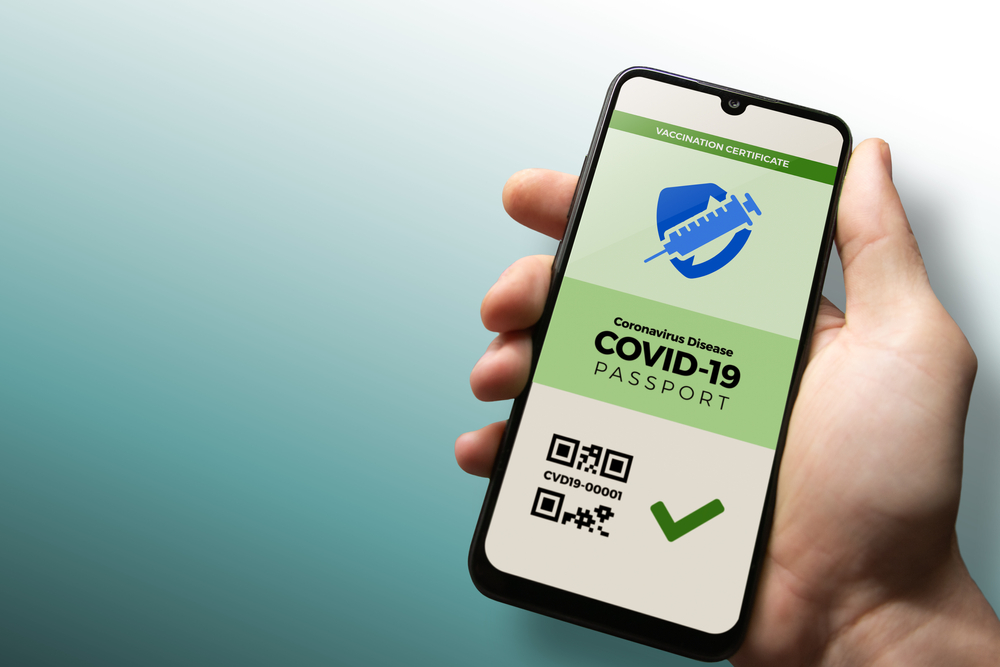
Vaccine passports could be used to help us safely get back to a more 'normal' life and could even be used to reintroduce people back into the workplace, experts are suggesting.
However, they have warned that the mobile technology needed to do so might be beyond the capabilities of the UK government and could also create a number of privacy and security risks.
The warnings come after UK government said that businesses are free to pursue vaccination ID tech, despite ruling out a scheme of its own. The secretary in charge of the COVID vaccine rollout, Nadhim Zahawi, took the stance that rapid flow tests would be a better method of ensuring people can enter venues safely, though he did say "it is obviously up to businesses what they do," according to the Independent.
The cinema chain Cineworld was also reported to be interested in adopting a digital vaccination certificate system, but the company told IT Pro that it is "emphatically not the case". It also revealed that it was "not aware" of any of its members seeing rapid testing as the way forward.
Digital vaccination passports or identification have been touted as a safe way for international air travel to resume and also a viable method to reopen certain types of business. Salesforce recently lent its services to a cohort of medical professionals to help develop an app-based ID that could be presented at check-in desks pre-flight. Similarly, Emirates Airline has already begun trialling its own app.
With regard to domestic use cases, such as cinemas and restaurants, a lack of government support might initially hinder consumers and the businesses that adopt them, according to Helen Goss, employment partner at technology law firm Boyes Turner.
"We can already anticipate GPs being overwhelmed by requests for letters confirming their patients have received vaccinations," Goss said to IT Pro. "Businesses reliant on large aggregations of people may well be able to justify such a policy on safety grounds but will need to be mindful of potential backlash from groups who do not want to be vaccinated."
Sign up today and you will receive a free copy of our Future Focus 2025 report - the leading guidance on AI, cybersecurity and other IT challenges as per 700+ senior executives
Alternatively, if the government were to back a digital vaccine certificate, it might fall short of the capability to create something conveniently and universally usable, according to René Seifert, the co-head of digital verification startup TrueProfile.io.
"A more likely outcome is the emergence of one or several private actors who would approach a solution in a hybrid way between a proprietary solution and open protocol (e.g. blockchain) and solicit the endorsement by governments," Seifert said. "Likewise, a public-private partnership could drive the development forward and accelerate the rollout."
The use of vaccine passports might also enable more than just travel and entertainment, according to Steve Treagust, the VP of industries program management at IFS. Treagust suggests it could also pave the way for a safe return to the workplace, but its administrative burden may prove too heavy.
"The key to any successful compliance management programme is to allow integrated processes and systems to shoulder that burden and turn compliance into a business opportunity," Treagust said.
"This means combining digital passports with existing workforce and human capital management processes and systems. This ensures that only those who can verify they have been vaccinated can rejoin physical workplaces."
Bobby Hellard is ITPro's Reviews Editor and has worked on CloudPro and ChannelPro since 2018. In his time at ITPro, Bobby has covered stories for all the major technology companies, such as Apple, Microsoft, Amazon and Facebook, and regularly attends industry-leading events such as AWS Re:Invent and Google Cloud Next.
Bobby mainly covers hardware reviews, but you will also recognize him as the face of many of our video reviews of laptops and smartphones.
-
 What is Microsoft Maia?
What is Microsoft Maia?Explainer Microsoft's in-house chip is planned to a core aspect of Microsoft Copilot and future Azure AI offerings
-
 If Satya Nadella wants us to take AI seriously, let’s forget about mass adoption and start with a return on investment for those already using it
If Satya Nadella wants us to take AI seriously, let’s forget about mass adoption and start with a return on investment for those already using itOpinion If Satya Nadella wants us to take AI seriously, let's start with ROI for businesses
-
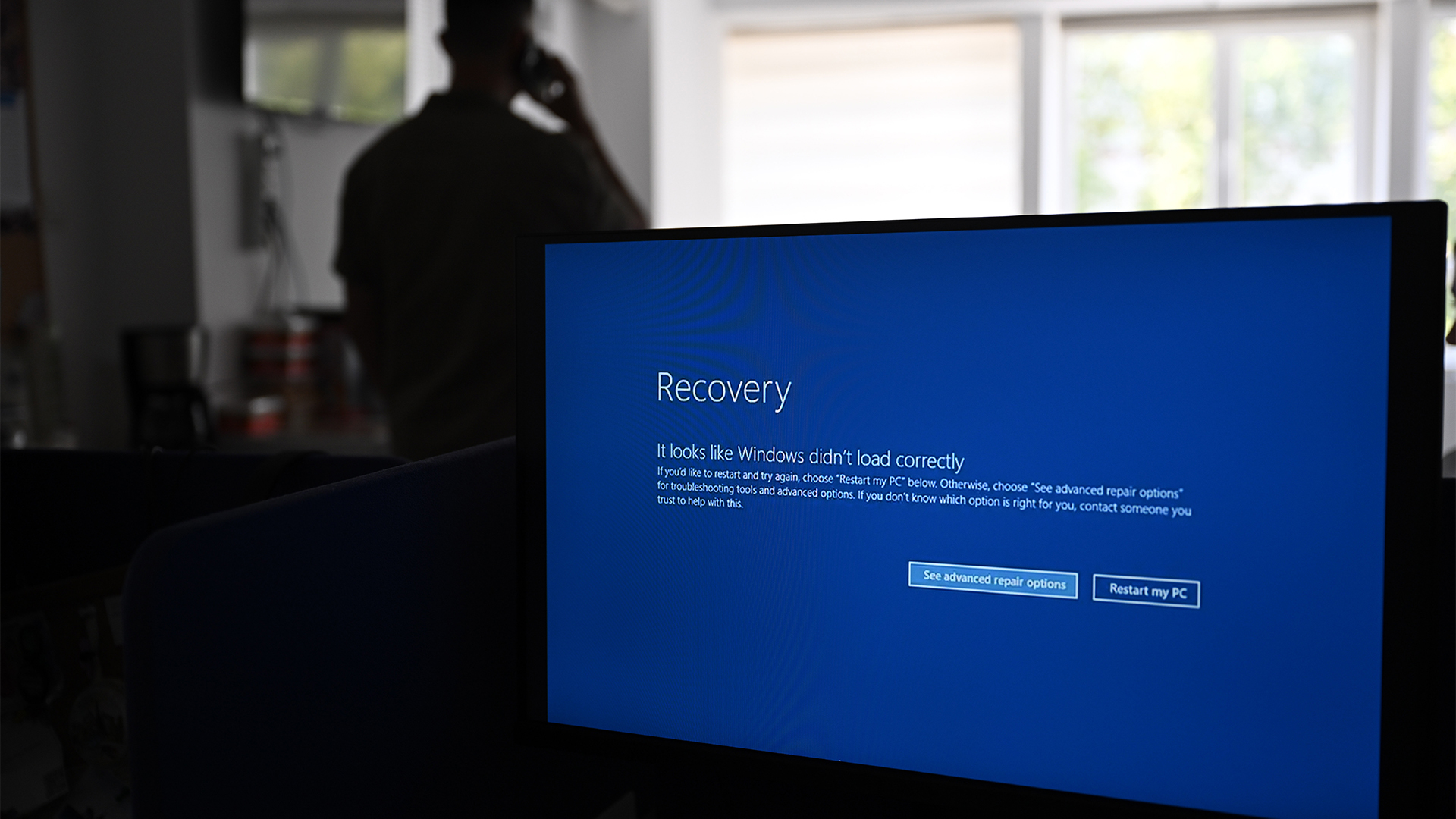 It's been two weeks since CrowdStrike caused a global IT outage – what lessons should we learn?
It's been two weeks since CrowdStrike caused a global IT outage – what lessons should we learn?Opinion The incident on 19 July was possibly the biggest IT outage to date
-
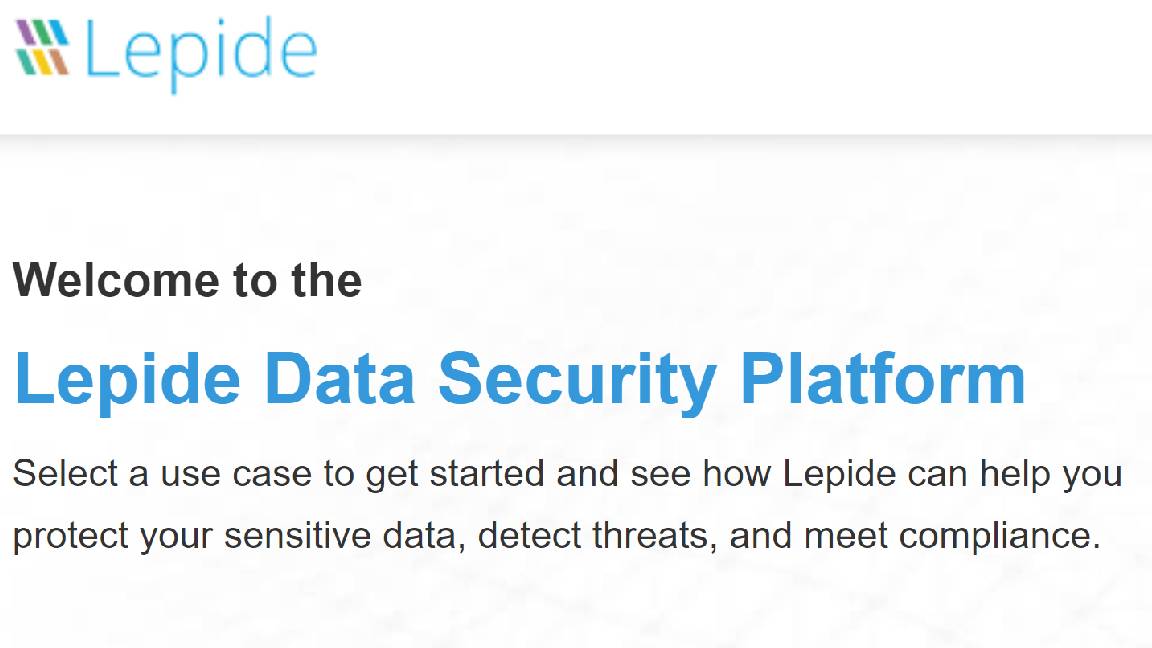 Game-changing data security in seconds
Game-changing data security in secondswhitepaper Lepide’s real-time in-browser demo
-
 Unlocking the opportunities of open banking and beyond
Unlocking the opportunities of open banking and beyondwhitepaper The state of play, the direction of travel, and best practices from around the world
-
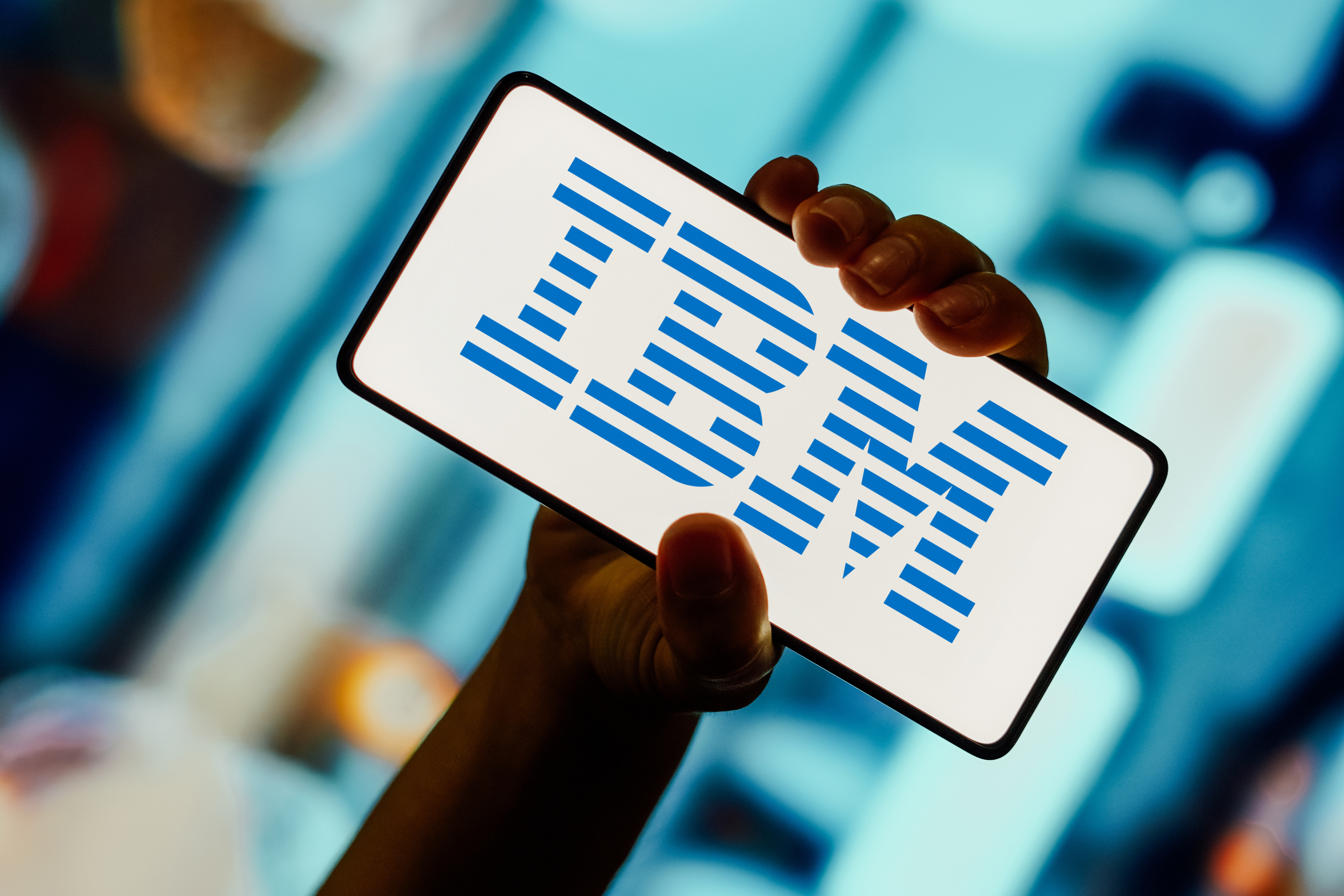 Accelerated, gen AI powered mainframe app modernization with IBM watsonx code assistant for Z
Accelerated, gen AI powered mainframe app modernization with IBM watsonx code assistant for Zwhitepaper Many top enterprises run workloads on IBM Z
-
 Magic quadrant for finance and accounting business process outsourcing 2024
Magic quadrant for finance and accounting business process outsourcing 2024whitepaper Evaluate BPO providers’ ability to reduce costs
-
 The power of AI & automation: Productivity and agility
The power of AI & automation: Productivity and agilitywhitepaper To perform at its peak, automation requires incessant data from across the organization and partner ecosystem.
-
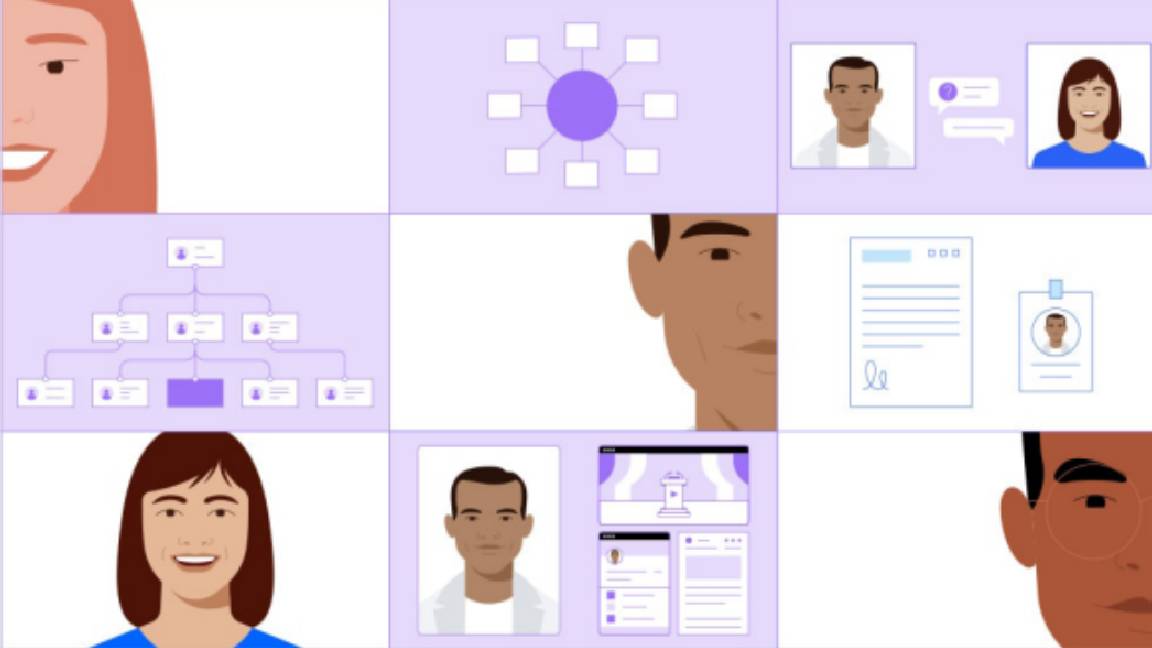 Let’s rethink the recruiting process
Let’s rethink the recruiting processwhitepaper If you designed your recruiting process for a new company, what would you automate to attract and hire the best talent?
-
 AI academy: Put AI to work for customer service
AI academy: Put AI to work for customer servicewhitepaper Why AI is essential to transforming customer service
